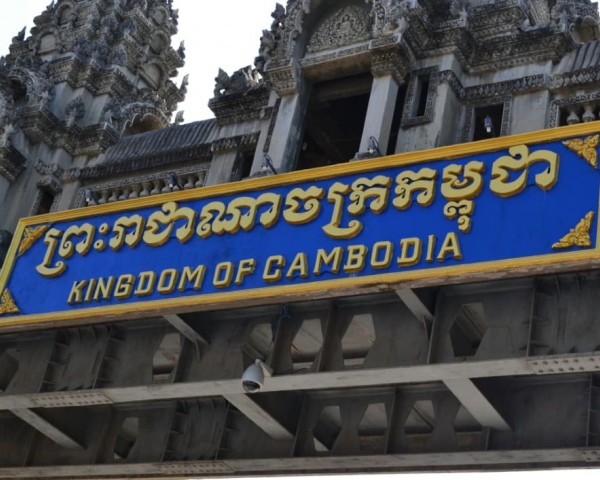Thailand’s border areas in six provinces are currently experiencing closures following rising disagreements with Cambodia, significantly affecting movement to tourist hotspots like Angkor. The Aranyaprathet-Poipet crossing, usually a key travel point for tourists en route to Cambodia’s famous temples, is now closed, leaving many stuck, though students and medical cases are exempt. This decision comes after a violent event and a political issue that has heightened regional tensions, possibly leading to economic problems, harm to the tourism industry, and talk of a military takeover.
Roots of the Conflict
The root of the Thailand-Cambodia border trouble, mostly about marking the 800-kilometer border between Thailand and Cambodia, goes way back to colonial times. Things got heated in late May 2025 after a fight between soldiers from both sides resulted in one Cambodian soldier’s death. Cambodia reacted by stopping imports of Thai food, fuel, and gas, further damaging relations. The situation worsened with a leaked recording of a chat between Thai Prime Minister Paetongtarn Shinawatra and Cambodian Senate President Hun Sen. In the recording, Shinawatra, 38, called Hun Sen, 72, her “uncle” and a Thai military officer her “enemy,” seeming to agree to follow Hun Sen’s advice to keep her position.
This leaked conversation created big political problems in Thailand. Although Shinawatra apologized, the Bhumjaithai party, a large group in the government, pulled its support, which made the government unstable. Since then, protests have taken place across the country, with people wanting new elections and the prime minister to resign.
Tourism Industry in Crisis
The border shutdowns have seriously hurt Thailand’s tourism sector, which is a major part of the economy. The Aranyaprathet-Poipet crossing was very important for tourists traveling by land to Cambodia’s Angkor Wat, a UNESCO site and popular attraction in Southeast Asia. With land travel limited, tourists now face expensive reroutes or have to fly, which could discourage budget travelers.
Ratchaporn Poolsawadee, from the Tourism Council of Thailand, mentioned in an interview that this political instability could lead to a military takeover, similar to what happened in 2014 under General Prayut Chan-o-cha, who governed until 2023. Poolsawadee suggested that “Political disagreements should be handled democratically, not through another coup,” highlighting the vulnerability of tourism to such problems.
Broader Implications
These border closures and the political unrest could damage Thailand’s image as a reliable and accessible destination. The tourism industry, still recovering from travel issues worldwide, now faces more uncertainty as protests and the possibility of military action appear. Cambodia’s import restrictions also hurt cross-border trade, adding more economic strain to the area.
For tourists, the effect is clear: land routes to Cambodia’s cultural sites are not available, requiring changes to travel plans. For Thailand, the situation is more serious, as the government has to carefully balance resolving the border conflict, stabilizing local politics, and maintaining its position as a leading global tourist destination. The future remains unclear, with both countries and their visitors affected by this growing crisis.

